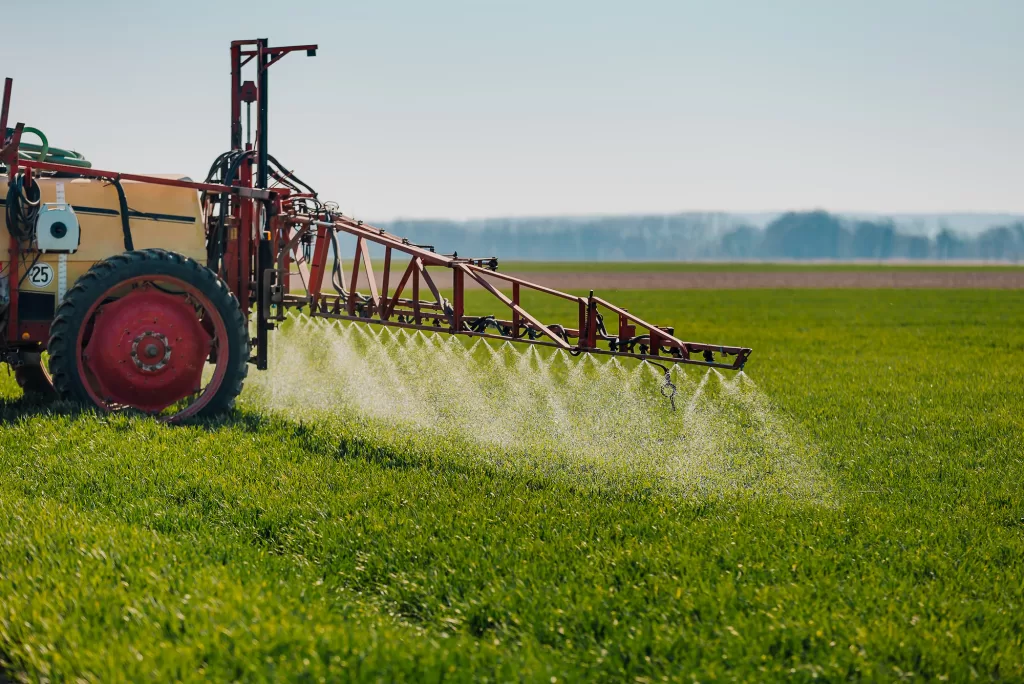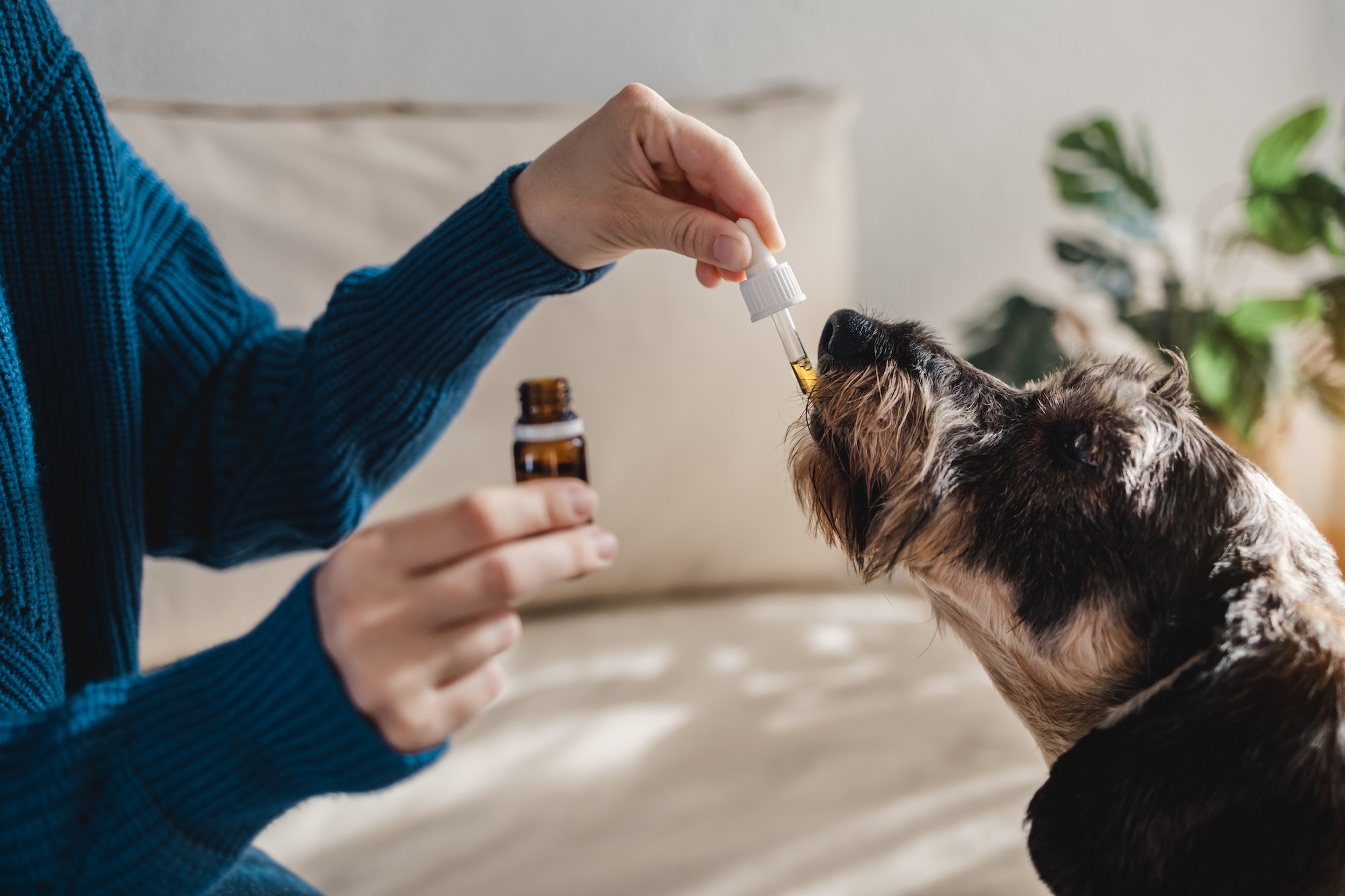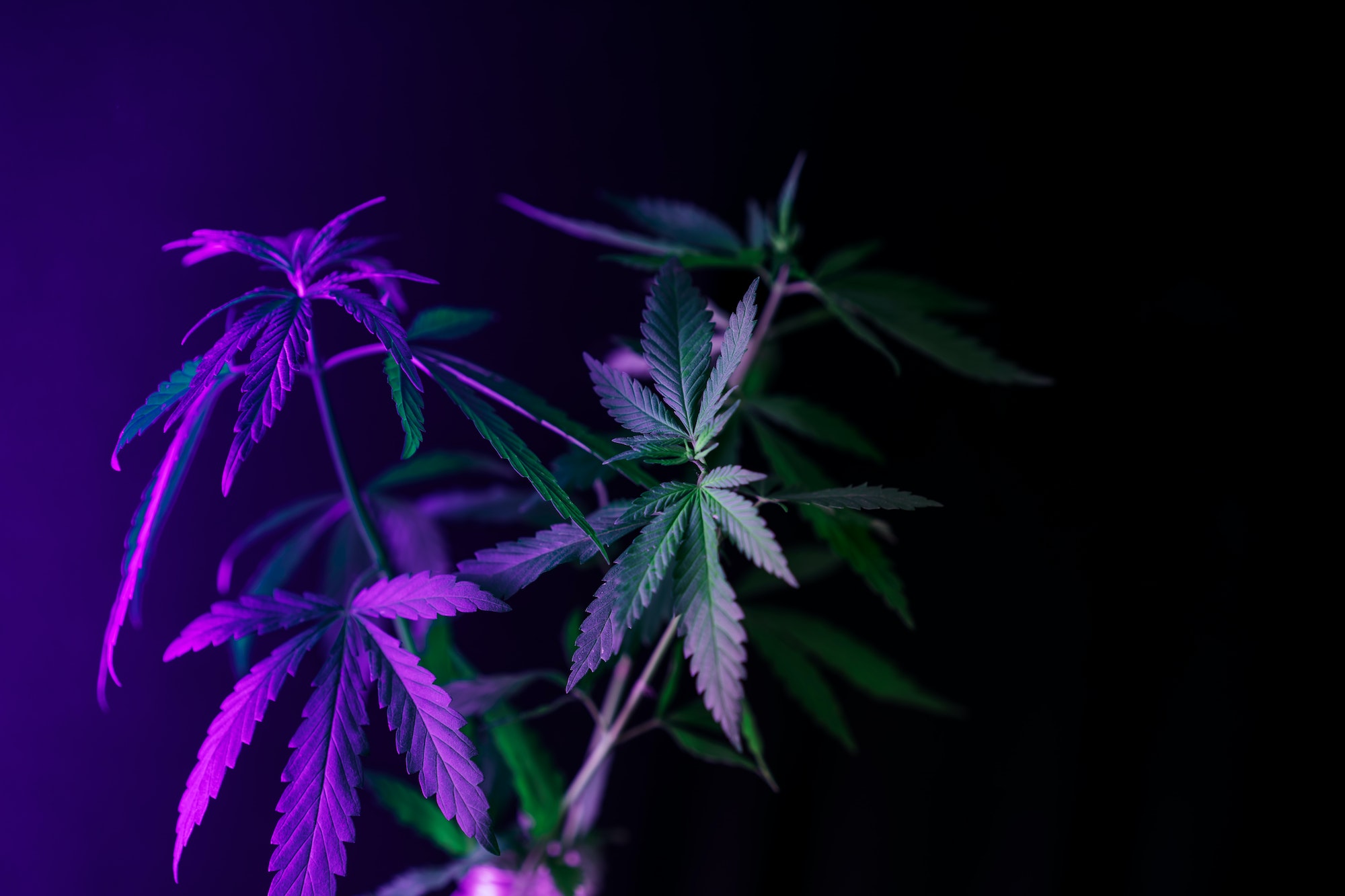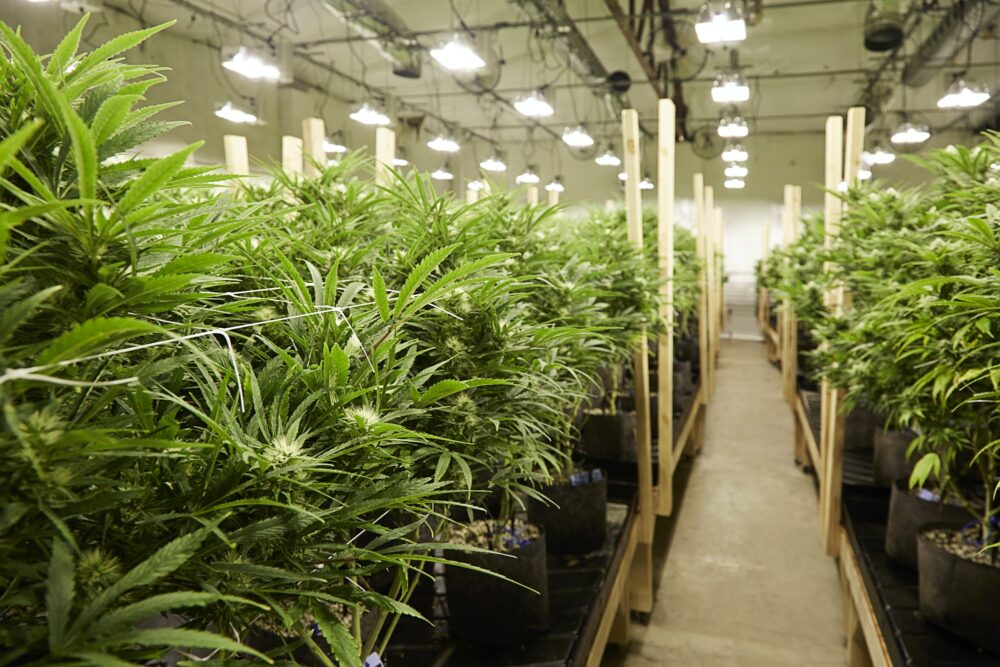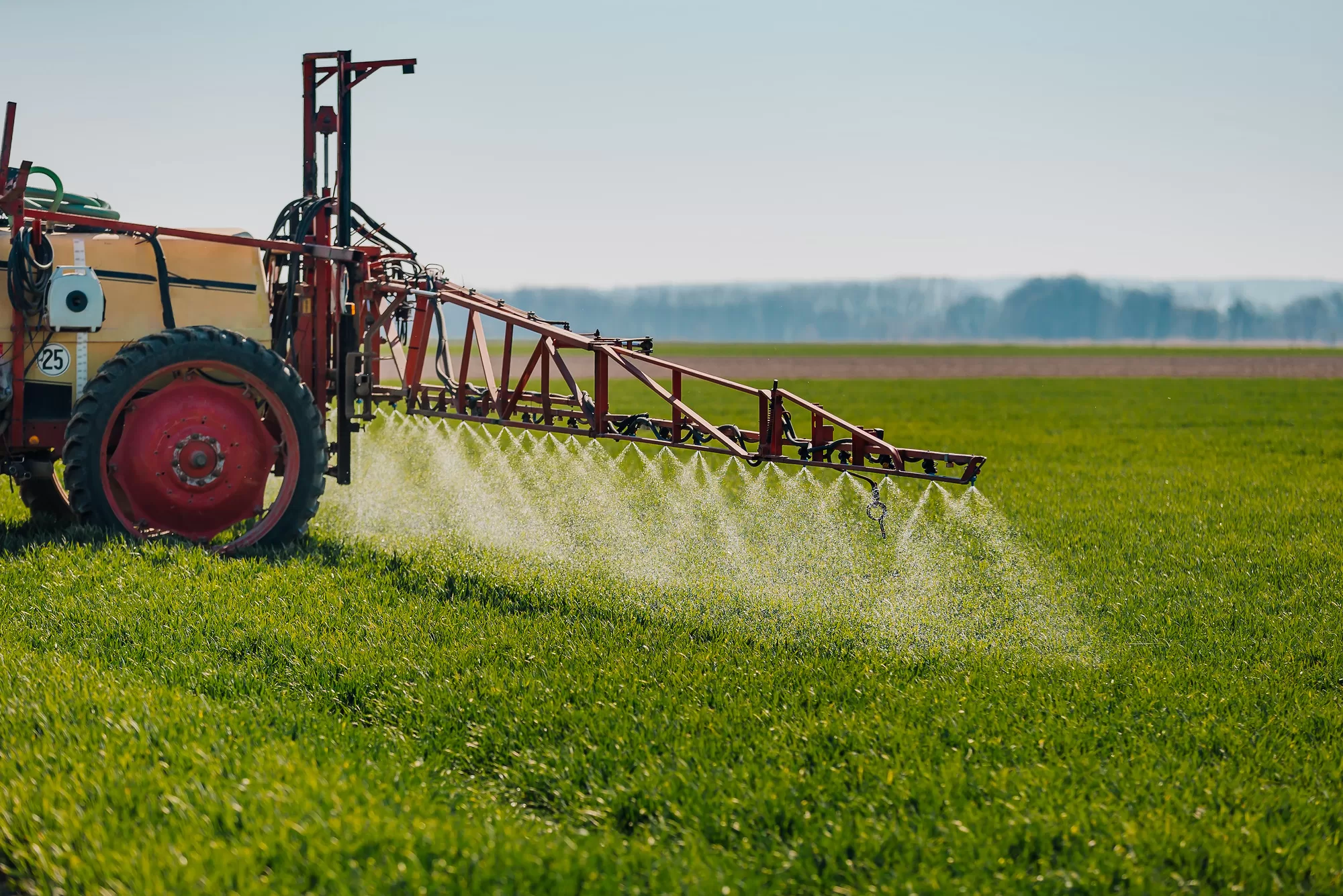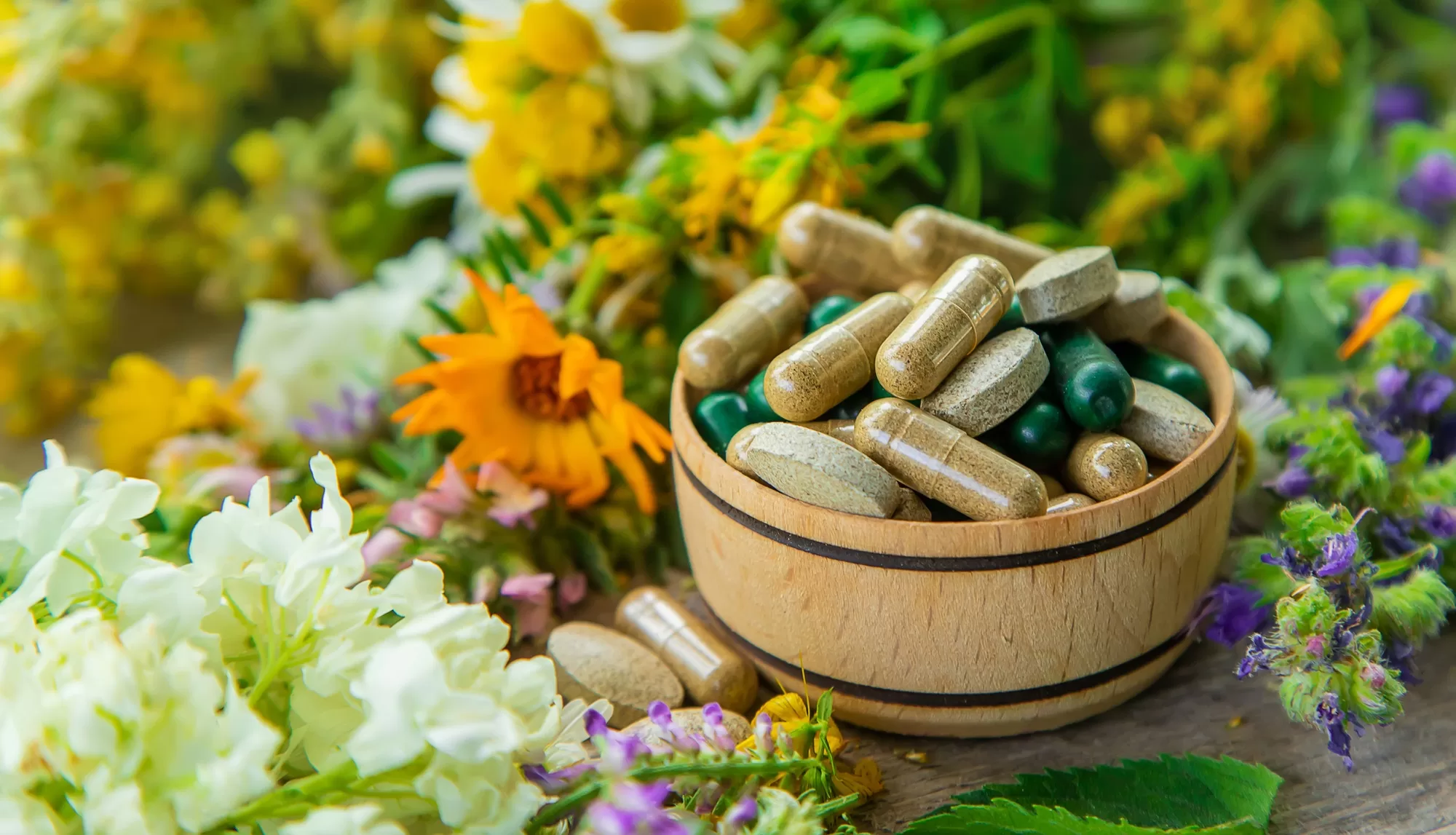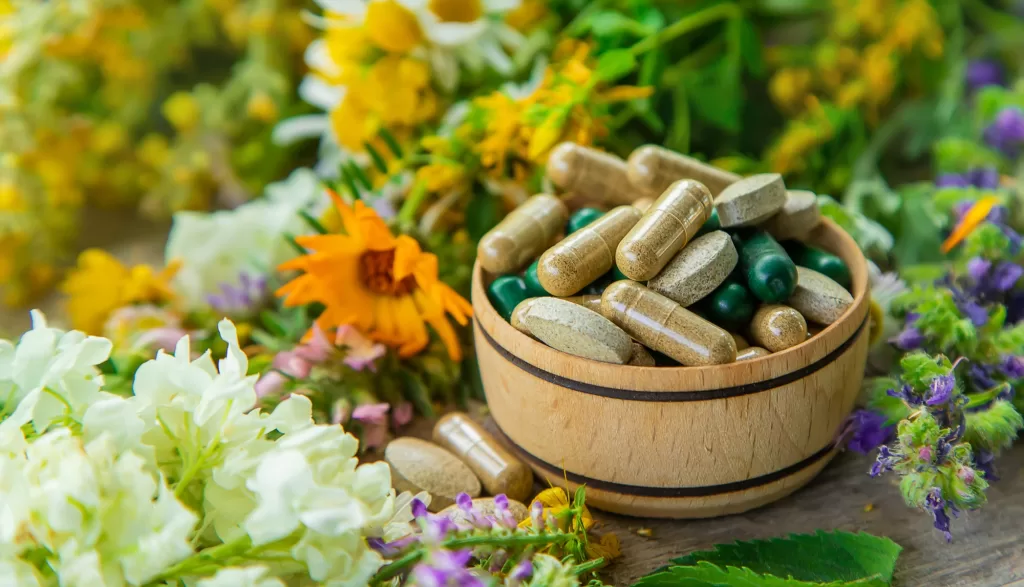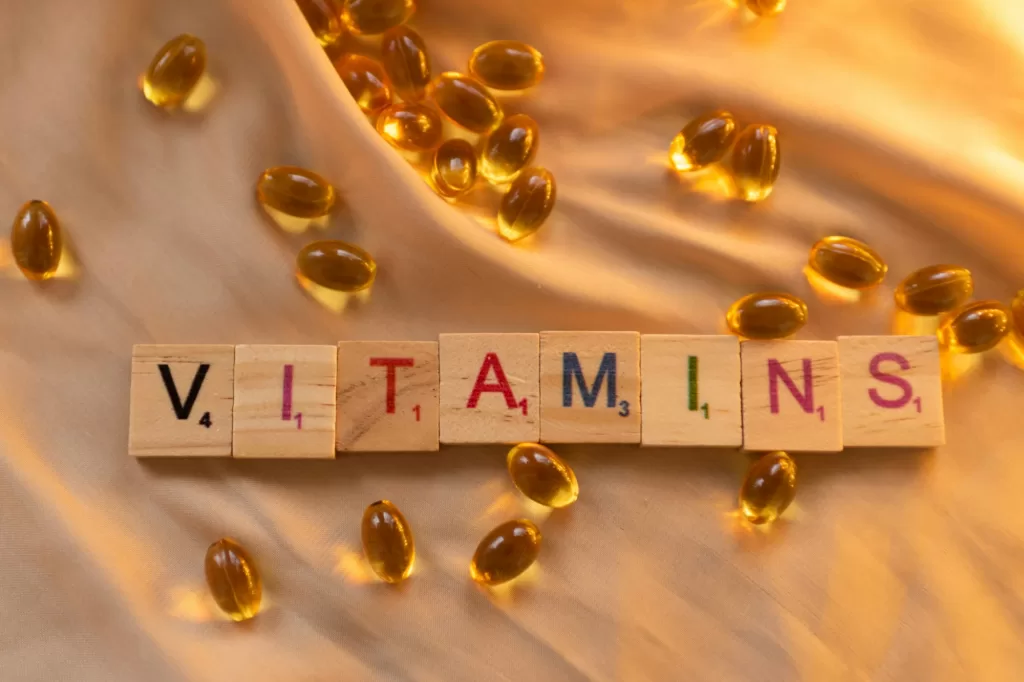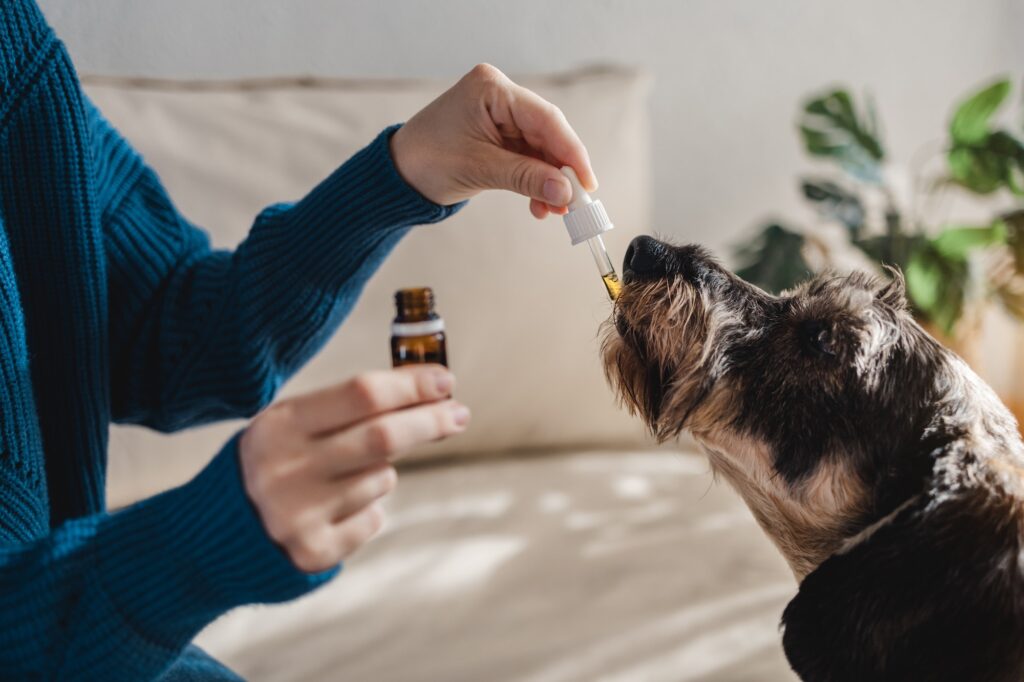Glyphosate: Understanding the Health, Environmental, and Regulatory Debates Surrounding the World’s Most Widely Used Herbicide
Introduction
For decades, glyphosate has been a go-to herbicide due to its broad-spectrum activity and cost-effectiveness. However, its safety has been widely debated, particularly in relation to human health risks and environmental damage.
Health Concerns
Potential Cancer Risk
The International Agency for Research on Cancer (IARC) classified glyphosate as “probably carcinogenic to humans” in 2015. This sparked global regulatory reviews and lawsuits, despite other agencies such as the EPA (U.S. Environmental Protection Agency) and EFSA (European Food Safety Authority) maintaining that glyphosate is safe when used properly.
Pesticide Exposure Studies
Multiple studies have linked glyphosate exposure to increased cancer risks, particularly non-Hodgkin’s lymphoma. A 2024 study in Nebraska found a 30% increase in pediatric cancer rates in areas with high pesticide use, including glyphosate.
Hormone Disruption & Gut Health
Some research suggests glyphosate may act as an endocrine disruptor, affecting hormone function, and could impact gut microbiome health, leading to digestive and metabolic issues.
Occupational Exposure Risks
Farmers, landscapers, and agricultural workers face the highest exposure levels, particularly when handling glyphosate without proper protective equipment.
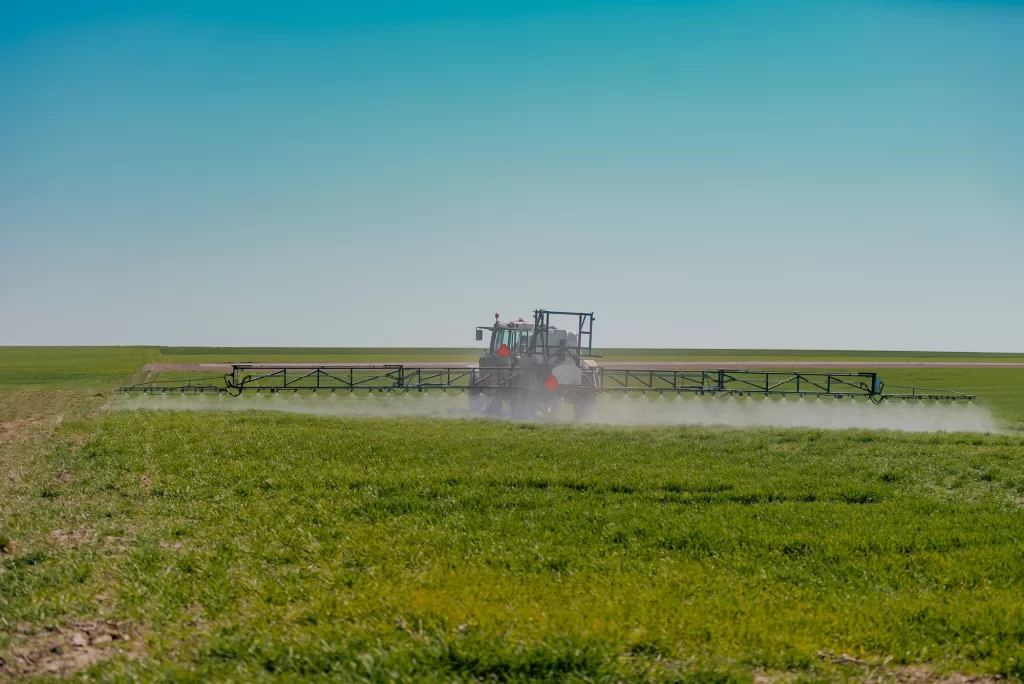
Environmental Impact
Glyphosate-Resistant Weeds
Overuse of glyphosate has led to the emergence of “superweeds” that no longer respond to treatment. This has forced farmers to increase herbicide applications or switch to more toxic alternatives.
Water Contamination
Glyphosate residues do not break down quickly, leading to contamination in rivers, lakes, and even drinking water sources. Studies suggest negative effects on aquatic organisms, especially amphibians and fish.
Pollinator & Wildlife Impact
While glyphosate is not directly toxic to bees, research suggests it may harm their gut bacteria, making them more vulnerable to disease and contributing to colony collapse disorder.
Soil Health
Glyphosate can disrupt soil microbes, potentially reducing soil fertility and affecting plant growth.
Regulatory Actions & Compliance Deadlines
As concerns about glyphosate’s safety grow, governments worldwide are re-evaluating regulations.
United States
The EPA maintains that glyphosate is safe for use, but legal challenges have resulted in billions of dollars in settlements for cancer claims. Some states, including California, have moved to restrict glyphosate use due to health concerns.
European Union
Several EU nations, including Germany and France, have phased out or restricted glyphosate. However, the EU extended glyphosate approval until 2030, pending further safety reviews.
Global Trends
Countries like Mexico, Thailand, and Sri Lanka are moving toward banning or phasing out glyphosate, citing health and environmental risks. Other nations have set maximum residue limits (MRLs) in food and drinking water to protect consumers from excessive exposure.
For manufacturers, staying compliant with evolving regulations is critical. AccuScience Laboratories helps ensure that glyphosate levels in food, water, and soil remain within safety limits.
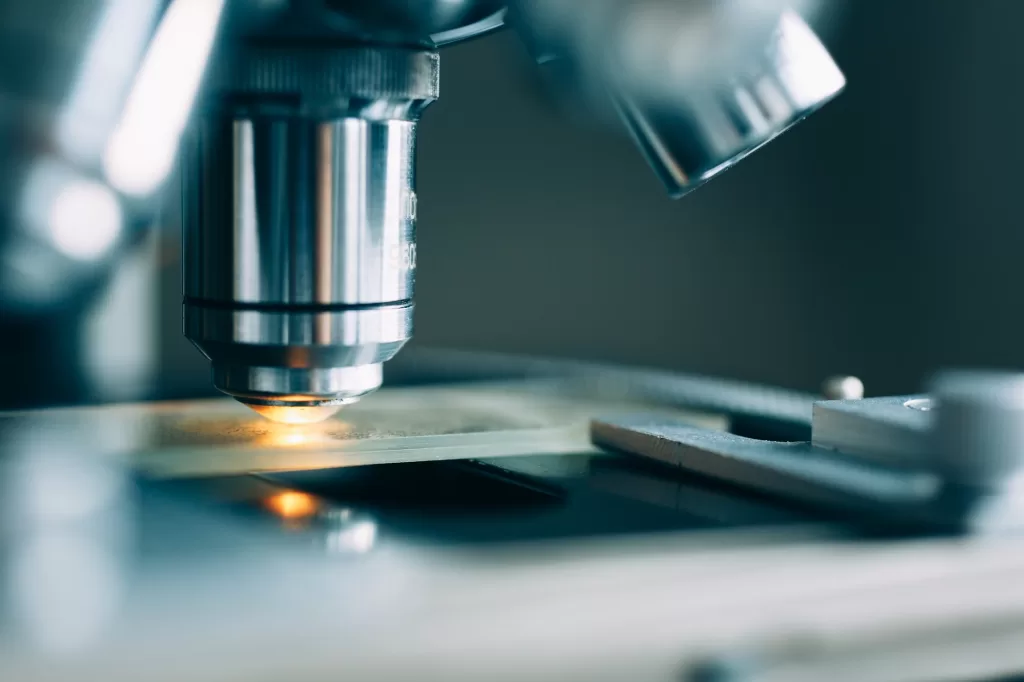
Glyphosate Testing at AccuScience Laboratories
At AccuScience Laboratories, we specialize in advanced analytical testing to detect and quantify glyphosate and its primary metabolite, aminomethylphosphonic acid (AMPA), in food, beverages, soil, and water.
Testing Methods Used
- Liquid Chromatography with Mass Spectrometry (LC-MS/MS) – The gold standard for glyphosate detection, offering high precision and sensitivity in complex samples.
- UV-Vis Spectroscopy – A rapid screening method to identify glyphosate presence before more detailed analysis.
- Environmental Monitoring – Testing soil and water for glyphosate contamination to assess long-term exposure risks.
Industries We Serve
- Food & Agriculture – Testing raw grains, vegetables, fruits, and processed foods to ensure compliance with local and international safety standards.
- Animal Feed – Analyzing livestock feed to verify it meets regulatory limits for glyphosate residues.
- Water & Soil – Monitoring runoff water and agricultural soils to track glyphosate contamination levels.
- Label Verification – Confirming that “Glyphosate-Free” product claims are accurate and legally defensible.
By offering these services, AccuScience Laboratories helps businesses maintain compliance, protect public health, and build consumer trust.
Final Thoughts
The controversy surrounding glyphosate highlights the growing need for accurate testing, regulatory oversight, and informed decision-making.
At AccuScience Laboratories, we are committed to helping manufacturers, farmers, and regulators navigate evolving compliance requirements. With our state-of-the-art testing services and the “AccuCertified Glyphosate-Free” seal, businesses can confidently demonstrate their commitment to safety and transparency.
Need glyphosate testing for your products? Contact AccuScience Laboratories today!
Website: accusciencelabs.com
Email: support@accusciencelabs.com
Phone: 352.308.8020
Read more:
-
Potential benefits of CBD in Pet Food
Cannabis and its derivatives have been used for medicinal purposes for centuries. Recently, Cannabidiol (CBD) has gained popularity as a natural treatment for a variety of ailments, both for humans and animals. CBD is a non-psychoactive compound found in cannabis plants, and it has shown great promise in treating a wide range of health issues…
-
Five Blogs Cannabis Growers Should Read
As the cannabis industry continues to grow and expand, it’s becoming increasingly important for growers to have access to reliable information on best practices, strain selection, and cultivation techniques. If you’re a cannabis grower in Central Florida, staying on top of emerging trends in the industry is crucial for success. New trends and technologies can…
-
What are Exotic Cannabinoids?
In recent years, there has been increasing interest in exotic cannabinoids found in the cannabis plant. These lesser-known cannabinoids offer potential health benefits and unique effects that are different from the well-known cannabinoids such as THC and CBD. Exotic cannabinoids, also known as minor or rare cannabinoids, have been known to exist in the cannabis…
-
Tips for Preparing Your Cannabis Sample for Testing
As a cannabis grower, preparing your sample for testing is an essential part of ensuring the quality and safety of your product. Assessing your cannabis can provide valuable information about the cannabinoid and terpene content, as well as any potential contaminants that may be present. There’s a multitude of great articles breaking down how to…
-
AccuScience Labs names Dr. Harry Behzadi, Ph.D. as President, CEO
(EUSTIS, Florida—September 26, 2020) AccuScience Laboratories’ board of directors announced the appointment of Dr. Harry Behzadi, Ph.D., as President, CEO of the research company. “Dr. Behzadi brings unprecedented knowledge in laboratory operation and management and his accomplishments are well-known and highly regarded within the industry. His drive and expertise make him ideally qualified to lead…
-
The Ban on Red Dye No. 3: What It Means for Compliance and Testing
Introduction Red Dye No. 3, also known as erythrosine, has been a widely used synthetic colorant in food, beverages, and pharmaceuticals for decades. Its bright cherry-red hue made it a popular choice for manufacturers, but growing concerns over its safety have led to a significant regulatory shift. As of January 15, 2025, the U.S. Food…
-
Why is Glyphosate Controversial?
For decades, glyphosate has been a go-to herbicide due to its broad-spectrum activity and cost-effectiveness. However, its safety has been widely debated, particularly in relation to human health risks and environmental damage.
-
Botanical Supplements: Quality, Safety, and Testing
Introduction Botanical supplements have been used for centuries for their potential health benefits, with growing popularity in modern wellness, herbal medicine, and functional nutrition. From ashwagandha for stress relief to kratom for pain management, these natural products are widely used in dietary supplements, teas, tinctures, and powders. However, with the increasing demand for botanicals comes…

